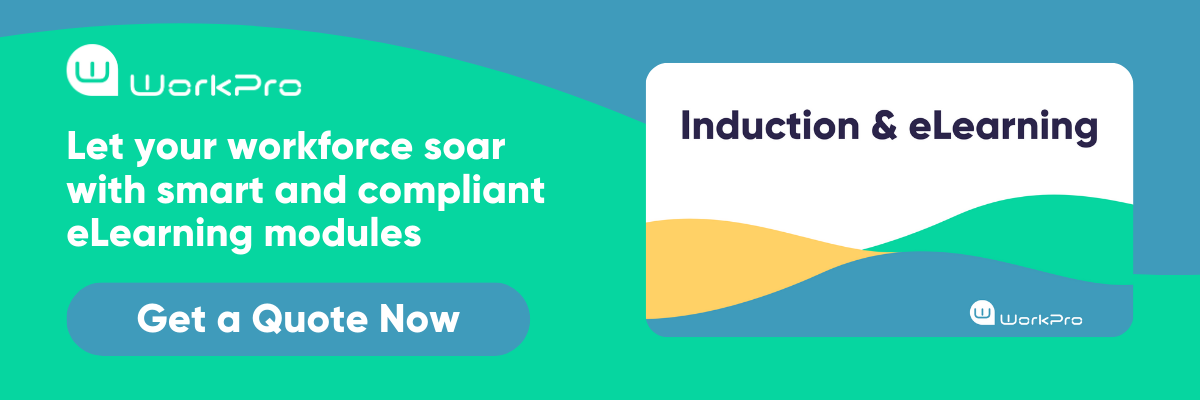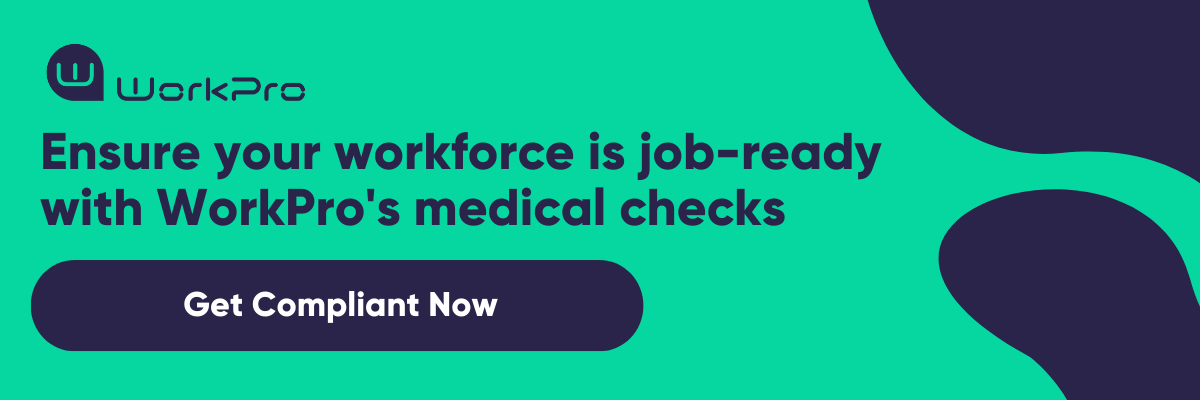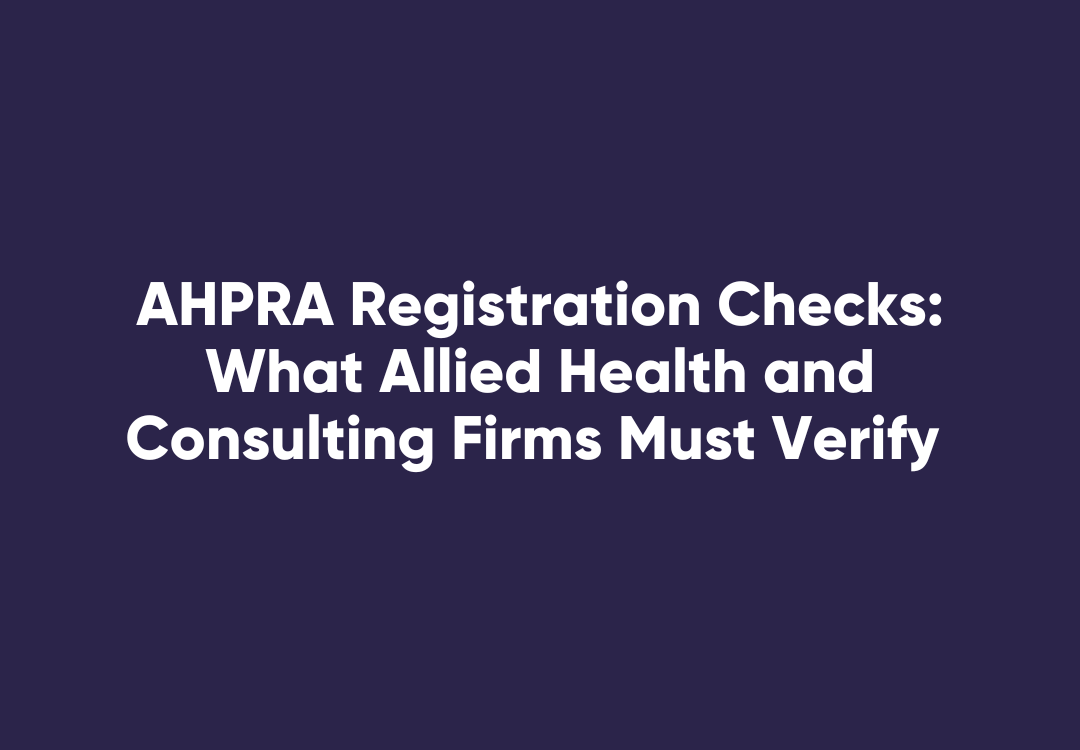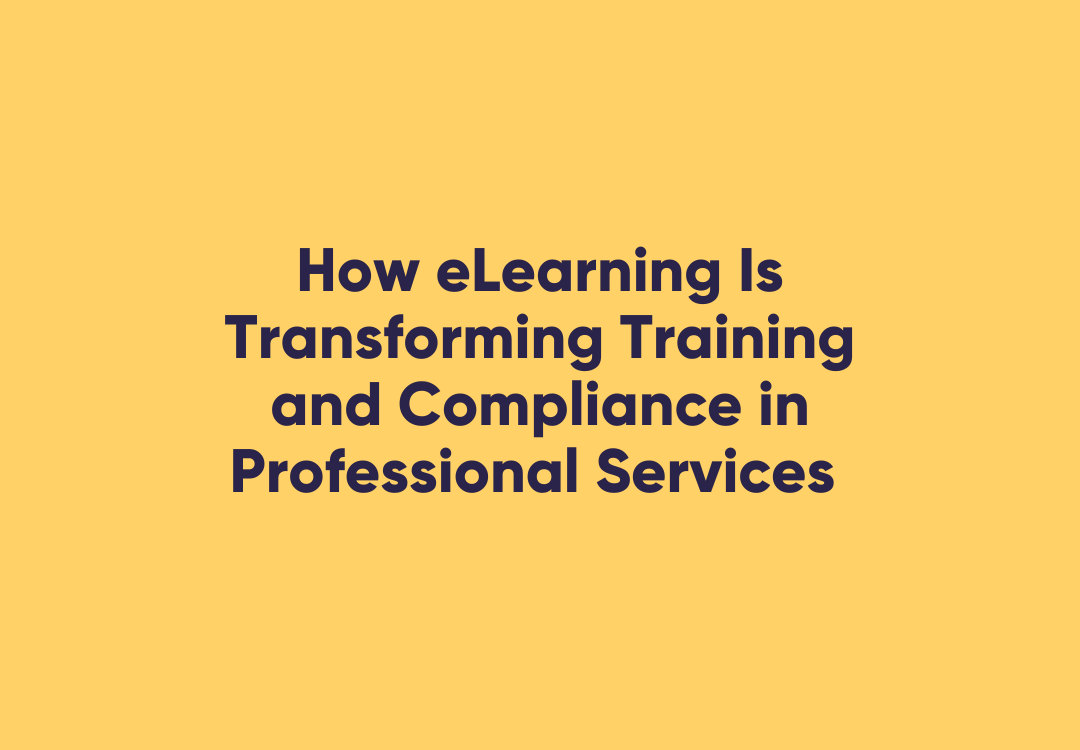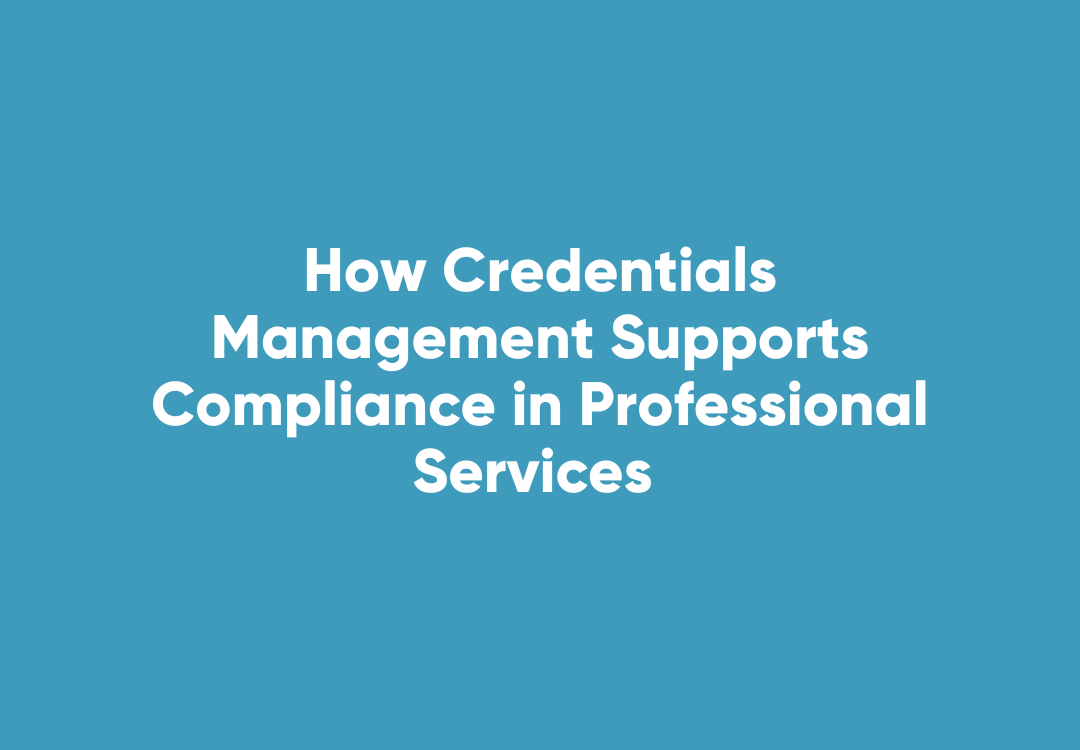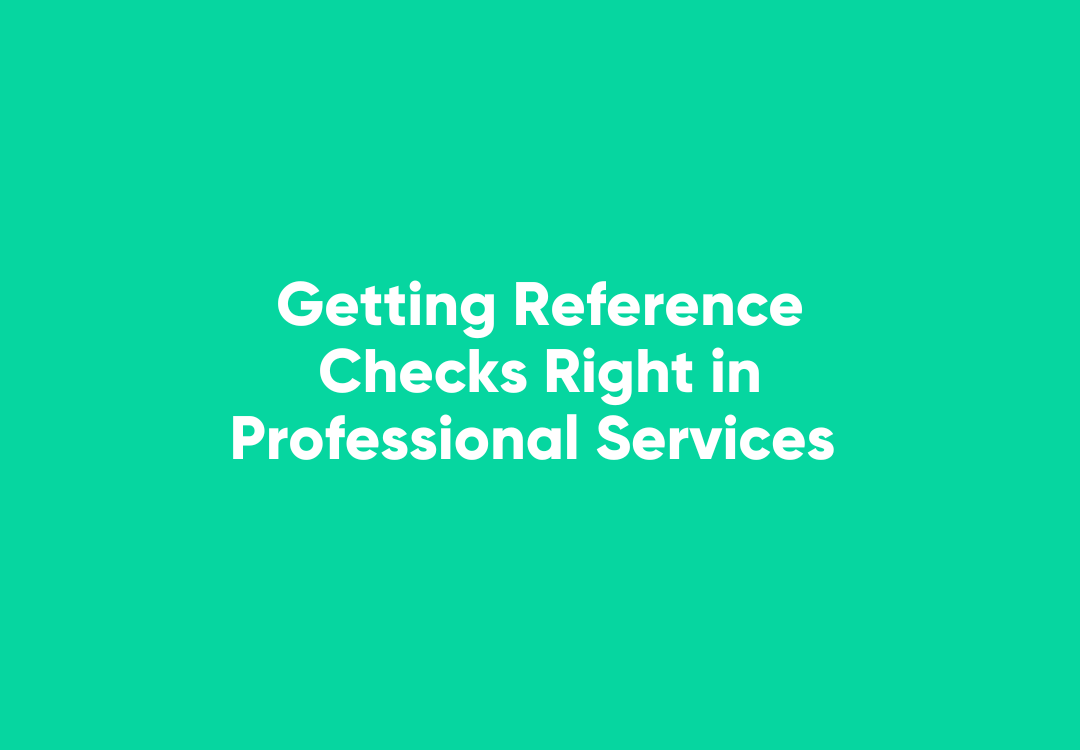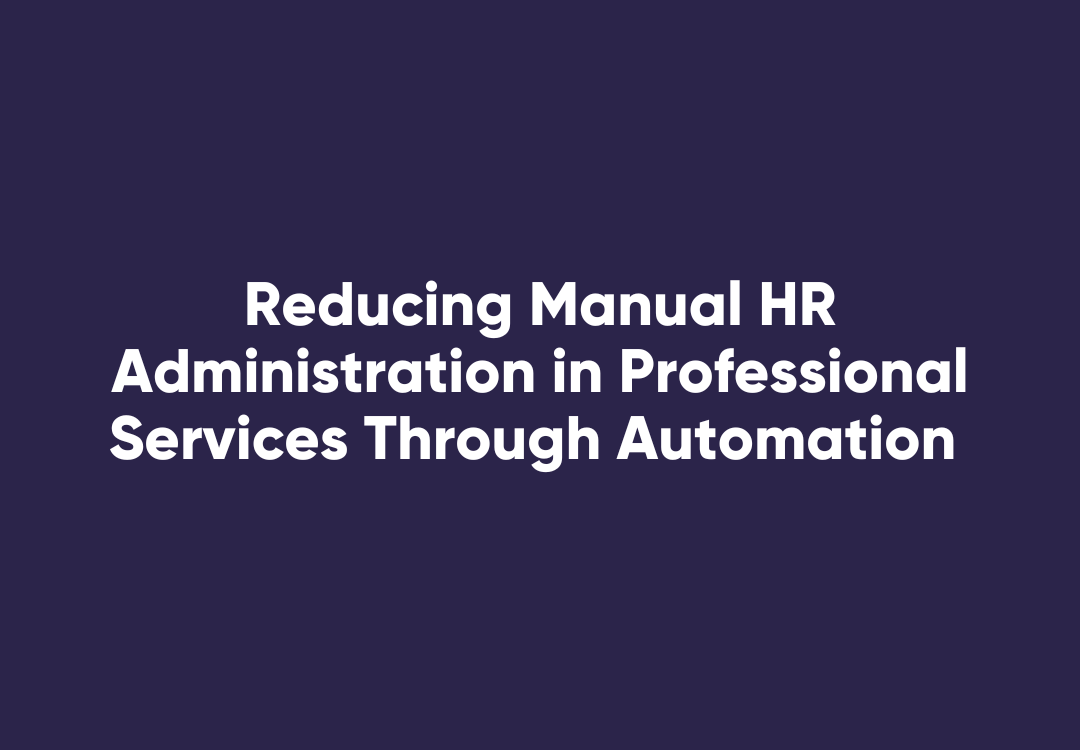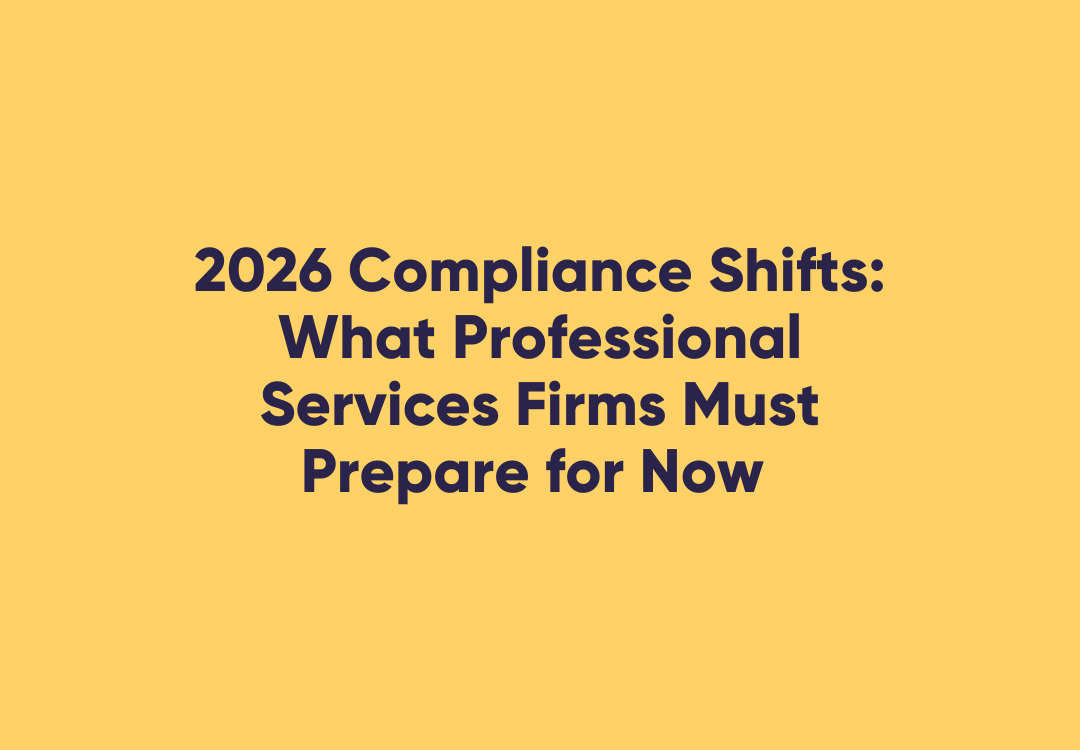Mental Illness & Discrimination During Hiring
Ensuring your organisation is complying with relevant laws and legislation during the onboarding phase extends beyond the standard employee induction process.
It also involves providing equal opportunities to candidates and not making prejudiced decisions based on attributes that may not impact work performance.
One example of such discrimination is rejecting a prospective employee due to his or her mental illness.
Mental disorders in Australia
Around 45 per cent of people have experienced a mental disorder.
A huge chunk of the Australian workforce suffers from mental illness.
In fact, almost 1 in 2 (45 per cent) people between the ages of 16 to 85 have experienced a mental disorder at some stage in their life, according to figures collated by the Australian Bureau of Statistics.
Anxiety disorders are the most common type of mental illness, affecting around 14 per cent of people.
An additional 6 per cent of the population experience affective disorders, while a further 5 per cent of people suffer from substance use disorders.
Despite the fairly widespread prevalence of these afflictions, many employers appear to be hesitant when it comes to hiring people who experience such disorders.
Mental health and the struggle to find employment
Many people with mental illnesses feel discriminated against when searching for work.
Those living with mental illness are finding it tough to secure gainful employment.
Citing research from the Australian College of Psychiatrists, Stacks Law Firm explained that more than 1 in 2 people with a mental illness believe they have been turned down from a role due to their disorder.
One of the study’s participants went so far as to say that he’d have a better chance of finding a job if he told interviewers he’d spent time in prison.
“Sometimes I think it’s worse than telling them you have been in jail.
Once you mention it, their face changes and their body language changes and you know you won’t get the job,” he said.
This is in direct breach of the Fair Work Act 2009.
However, as Nathan Luke, workplace law expert at Stacks Law Firm explained, it’s often difficult for candidates to prove that they have in fact been discriminated against.
“The company will say somebody else had better qualifications or you didn’t quite fit the requirements.
But if they say something like ‘We don’t want you because you have a mental illness’, then you could have a case and should seek expert legal advice.”
What does this mean from an HR perspective?
Given the repercussions of breaking discrimination laws, HR professionals and other business leaders must do everything they can to ensure their hires are made ethically and in line with all the applicable laws and legislation.
Companies that invest in mental health see average ROI of 2.3
There are many ways an organisation can promote wellness in the workplace.
For example, training new employees on techniques to manage work-related stress can go a long way to reducing anxiety and burnout.
While there may be some costs involved with such an initiative, it’s possible that your company could benefit in the long run.
Organisations that channel resources into creating a mentally healthy workplace enjoy greater productivity from their workforce and fewer compensation claims.
These benefits result in an average return of $2.30 for every dollar spent, according to research from PricewaterhouseCoopers.
Mental illness is a prevalent phenomenon amongst the Australian workforce.
During recruitment, it’s vital that you have a good understanding of what constitutes discrimination so that you can make ethical and legally sound decisions.


